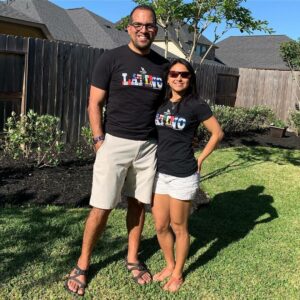It’s exciting to think about what God can do in and through middle school kids as they grow in their relationships with Christ. As you lead Campaigners, it is important to meet your middle school friends where they are. These tips will get you started.
- Be prepared. Don’t throw a few thoughts together the hour before you arrive. Spend time in prayer and study getting ready for your time with kids. Consider establishing a common thread for every Campaigners lesson in a semester. You could read stories about Jesus in the book of Luke, re-read the passage from the previous club talk, or read gospel accounts that focus on who Jesus says kids are.
- Set appropriate expectations. If you think you’ll spend 45 minutes with your noses in the Bible, you will likely be disappointed – especially if you are leading Campaigners for sixth grade boys. Know the attention span of your kids. Spend some of the scheduled time shooting hoops, making a craft, or playing a game.
- Create a separate snack time. Eating cookies and catching up on the week is a great way to start Campaigners. However, crinkling wrappers and spilled drinks can be huge distractions when you’re trying to have a conversation. Move to a separate area when it’s time for Bible study and come back to the snacks at the end.
- Get everyone on the same level. You probably do this at camp for cabin time, and the same applies for Campaigners. When kids are bunched together on a couch or spread out on both chairs and the floor, it is easier for them to get distracted. Do everything you can to minimize distractions (knowing that they will still happen!)
- Read the Bible together. Help your kid see that they can read the Bible for themselves to discover who God is. In middle school, kids often come to Campaigners for social reasons, not because they want to study the Bible. Help them see how and why reading the Bible is good.
- Ask good questions. Your friends listen (or don’t listen) to lectures from teachers all week. Instead of giving a talk, ask questions that walk kids through the passage. Start with a question or two that every kid can answer to give kids some confidence. Then avoid “yes/no” questions and ask questions that allow kids to talk more. These “Discovery Group” outlines provide some great questions.
- Listen well. When you look a middle school kid in the eye and listen to her, she knows that she matters. It takes some kids a significant amount of courage to say something, so nod your head and thank kids for speaking up. Let your friends know that you are listening.




